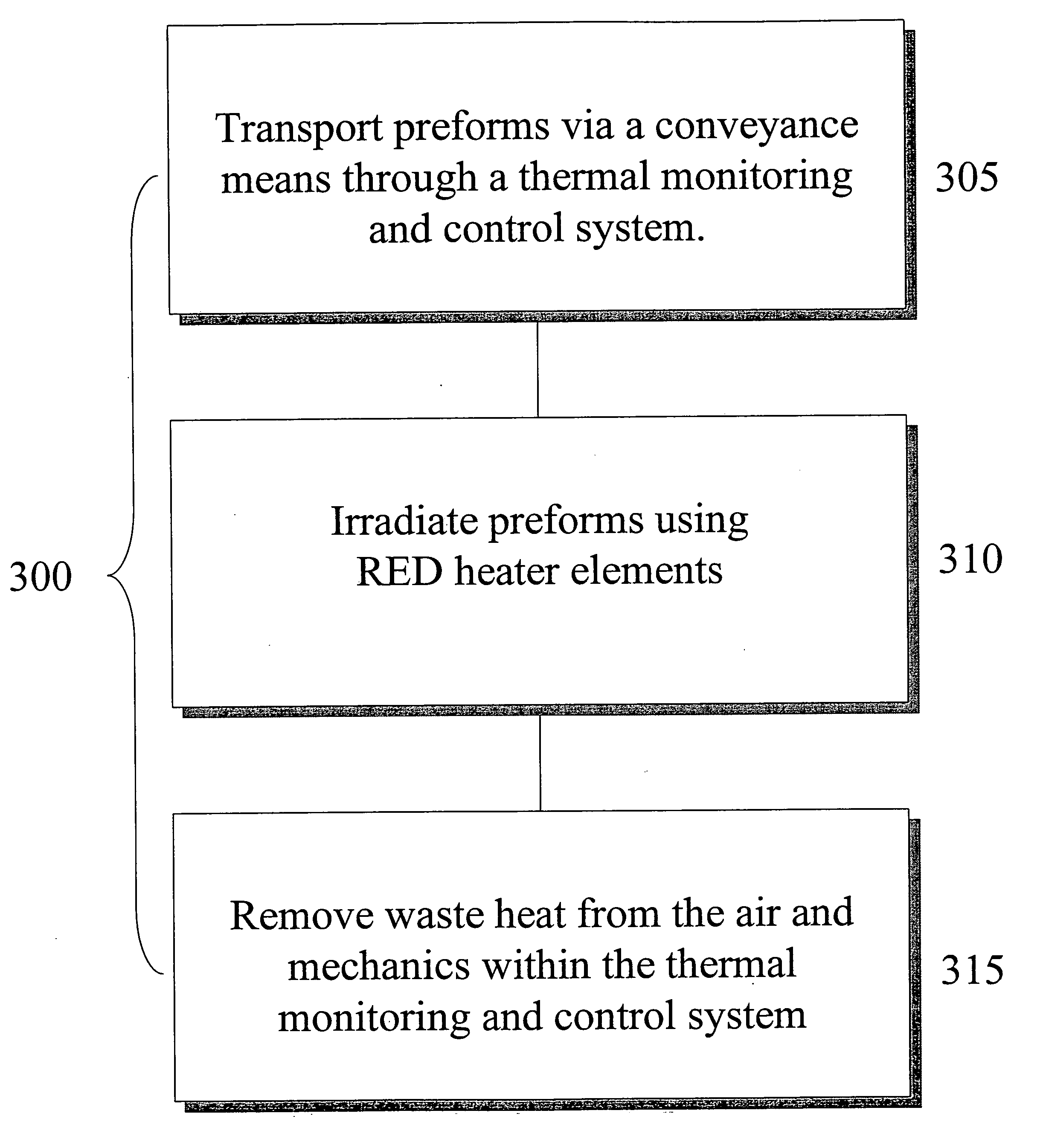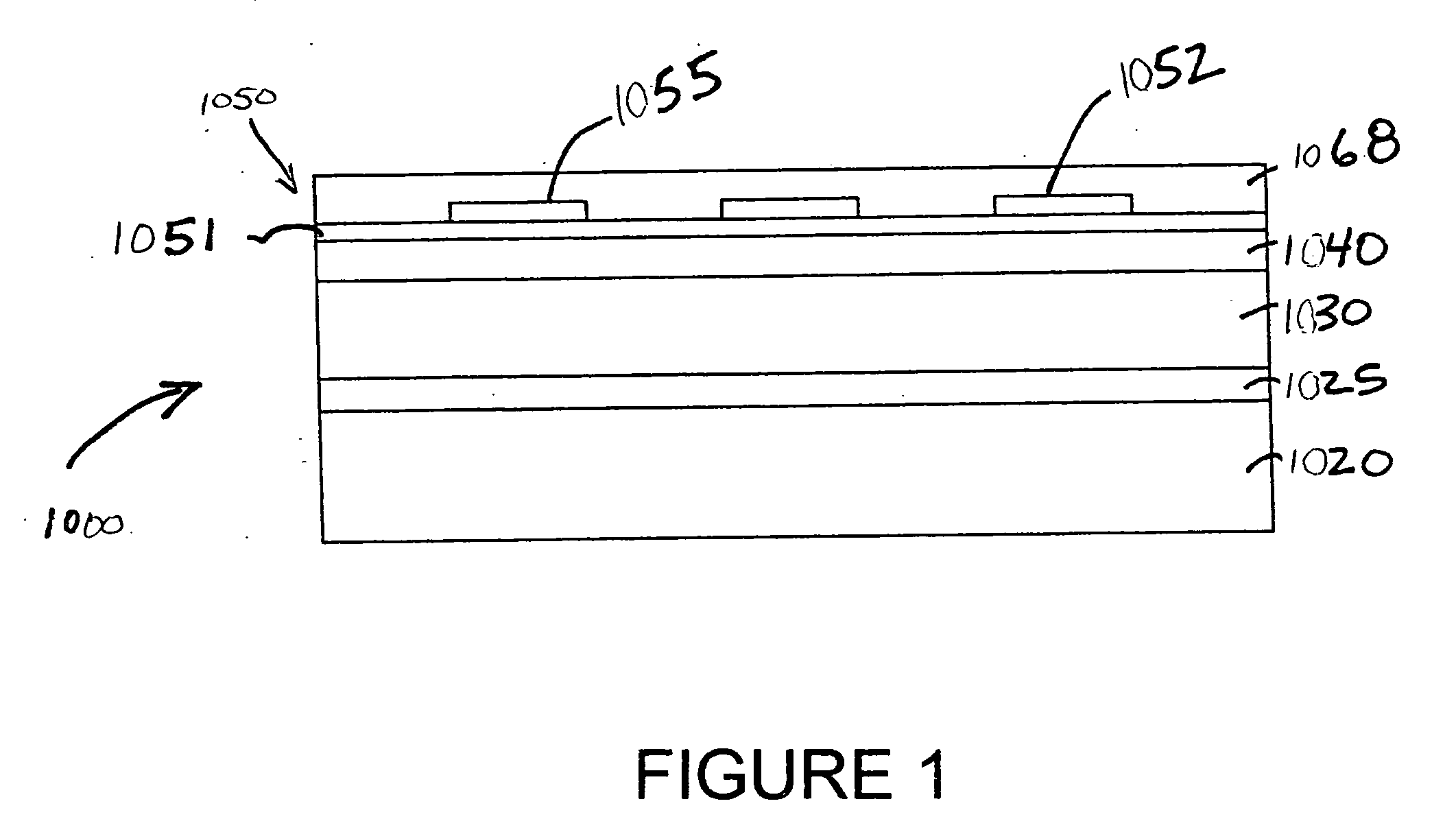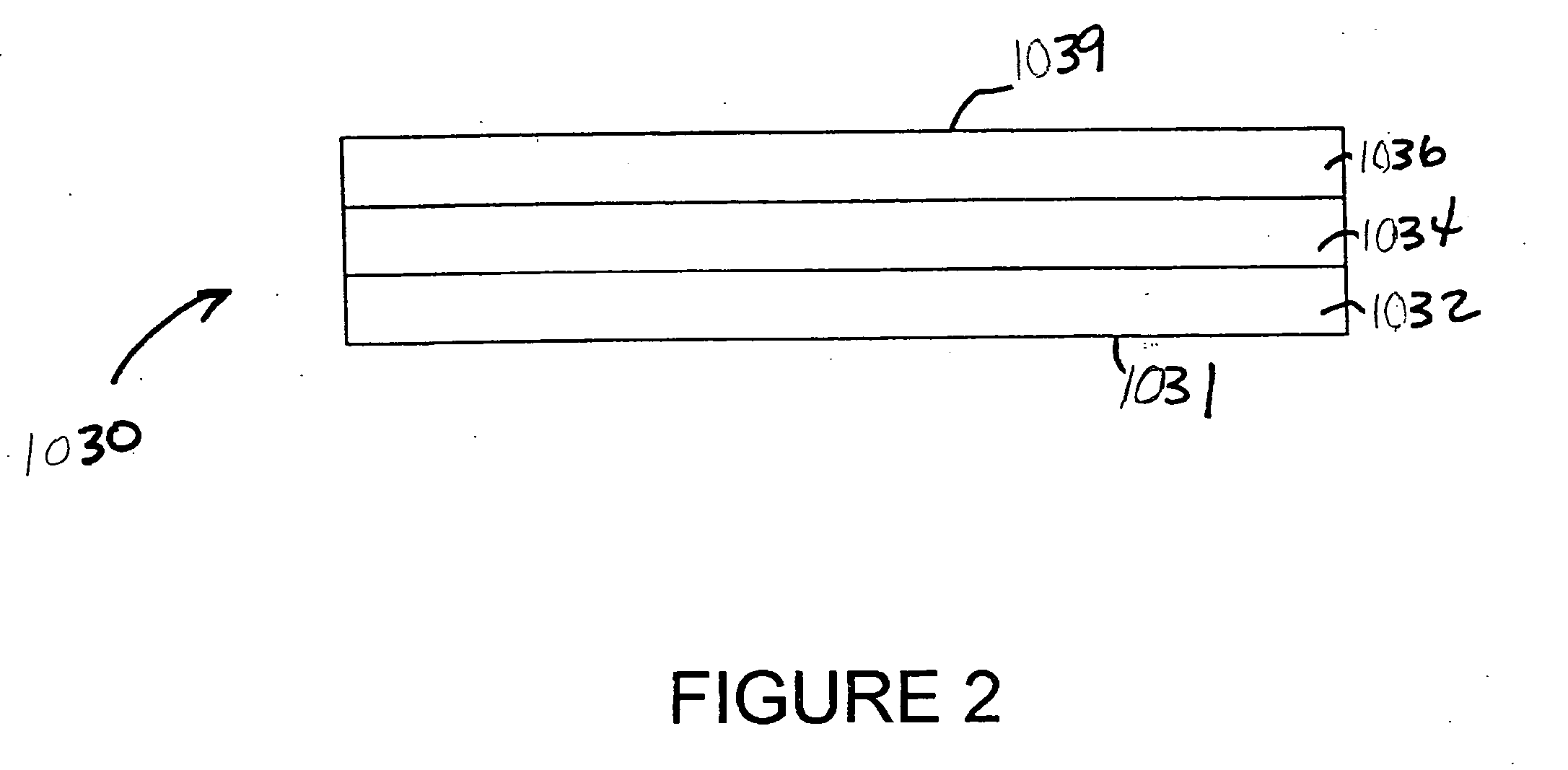Method and system for wavelength specific thermal irradiation and treatment
a wavelength-specific thermal irradiation and treatment technology, applied in the field of wavelength-specific thermal irradiation and treatment, can solve the problems of large energy consumption costs, large percentage of the cost of finished articles, and inability to selectively select the existing broad-spectrum infrared sources, so as to reduce the visible clarity and appearance qualities of finished containers, the effect of retaining the ability to heat efficiently
- Summary
- Abstract
- Description
- Claims
- Application Information
AI Technical Summary
Benefits of technology
Problems solved by technology
Method used
Image
Examples
Embodiment Construction
[0058] The benefits of providing wavelength specific irradiation can be illustrated by looking at a hypothetical radiant heating example. Assume that a material which is generally transparent to electromagnetic radiation from the visible range through the mid-infrared range requires process heating to support some manufacturing operation. Also assume that this generally transparent material has a narrow but significant molecular absorption band positioned between 3.0 and 3.25 micrometers. The example described above is representative of how the presently described embodiments might be most advantageously applied within industry. If the parameters of this particular process heating application dictated the use of radiant heating techniques, the current state-of-the-art would call for the use of quartz lamps operated at a filament temperature of approximately 3000° K. At this filament temperature, fundamental physical calculations yield the result that only approximately 2.1% of the t...
PUM
| Property | Measurement | Unit |
|---|---|---|
| wavelength | aaaaa | aaaaa |
| wavelength | aaaaa | aaaaa |
| wavelengths | aaaaa | aaaaa |
Abstract
Description
Claims
Application Information
 Login to View More
Login to View More - R&D
- Intellectual Property
- Life Sciences
- Materials
- Tech Scout
- Unparalleled Data Quality
- Higher Quality Content
- 60% Fewer Hallucinations
Browse by: Latest US Patents, China's latest patents, Technical Efficacy Thesaurus, Application Domain, Technology Topic, Popular Technical Reports.
© 2025 PatSnap. All rights reserved.Legal|Privacy policy|Modern Slavery Act Transparency Statement|Sitemap|About US| Contact US: help@patsnap.com



